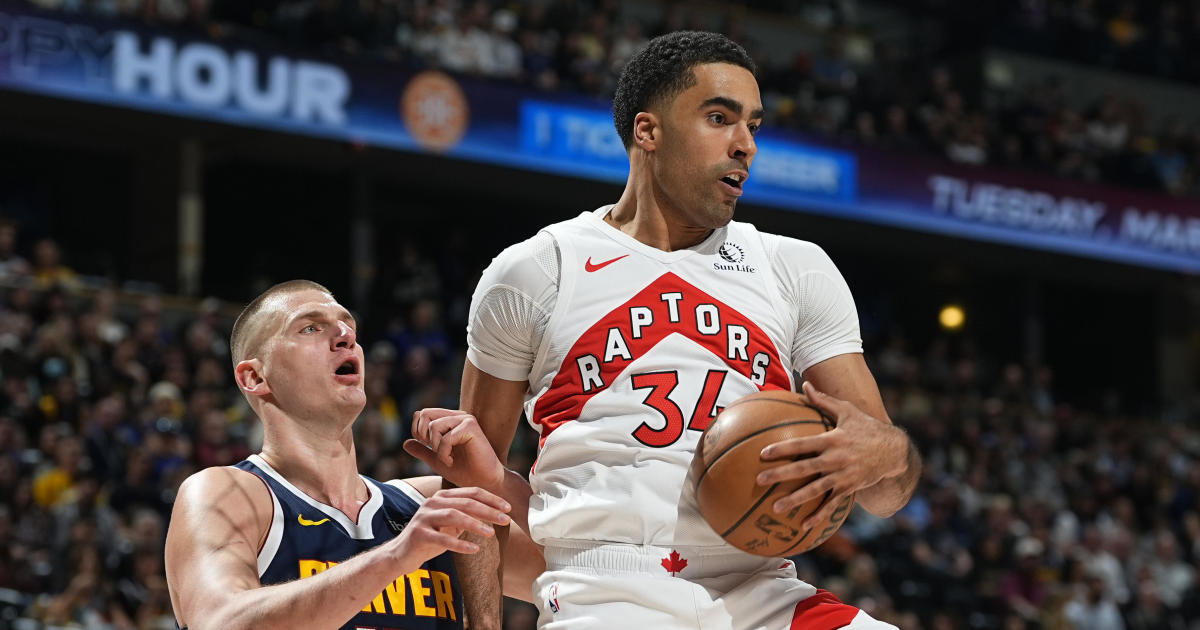Sports
Online gambling casts deepening shadow on pro sports

The legalization of online sports betting in many U.S. states has proved a boon for the gambling industry, as well as generated billions in local tax revenue. But the explosive growth in wagering has also had a less savory effect that experts say threatens the integrity of professional sports: a surge in players breaking league rules and placing bets, sometimes on their own teams and personal performance.
The most recent incident happened this week when the NBA permanently banned former Toronto Raptors player Jontay Porter after an investigation found that he shared information about his health status with other bettors and that he had previously bet $54,000 on basketball games.
Earlier this year, meanwhile, the Los Angeles Dodgers’ Shohei Ohtani became the center of a MLB gambling probe centering on the player’s former interpreter. And the NHL last fall suspended Ottawa Senator Shane Pinto for 41 games for violating the league’s gambling rules.
In 2023, 11 different pro athletes were caught engaging in sports gambling, the Athletic has reported, including NFL players from the Detroit Lions who were suspended for an entire season.
Such scandals, including at the collegiate level, have proliferated since the Supreme Court in 2018 cleared the way for states to legalize online sports betting. And while there are steps league officials can take to mitigate the issue, experts see no panaceas.
Should leagues ban “prop” bets?
A player proposition bet — or player props — is a wager on a given player’s in-game performance in a particular category, like home runs, touchdowns, strikeouts or shots on goal. Experts said player props are susceptible to being manipulated because a player’s actions in a game can dictate the outcome of bet.
In the Porter case, the NBA investigation found that he had provided information about his health to another part, who used that knowledge to place an $80,000 prop wager that Porter would underperform in a March game against the Los Angeles Clippers.
“I do expect some of these leagues to react by wanting to ban player prop bets,” said John Holden, a business management professor at Oklahoma State University. “And that looks like an easy fix, but it might make it harder to fix the underlying problem.”
The major sports leagues all have restrictions on athletes placing bets, and similar bans are also written into players’ union contracts. Some rules bar players from wagering on any sport, while others only ban someone from betting on the sports they play.
Yet league officials also send a mixed message, Andrew Brandt, a sports law professor at Villanova University, told CBS MoneyWatch. On one hand, sports leagues have signed multi-million brand marketing deals with betting platforms like DraftKings and FanDuel; on the other, the leagues are also telling players they cannot financially gain from the sports betting craze, Brandt said.
“The message to players is you cannot bet,” he said. “But essentially the leagues are saying ‘Do as I say, not as I do’.”
To be sure, gambling incidents involving athletes remain relatively rare in the sports world. Pinto was the NHL’s first ever gambling-related suspension, and MLB has been scandal-free since Pete Rose was banned from baseball for life in 1989.
But sports fans should expect more gambling controversies as additional states legalize sports betting, experts said.
“The NBA kind of got lucky this time,” Brandt said. “They got a player that’s not well known. Toronto isn’t even a good team — they’re not going to the playoffs, so league officials]can just remove him and declare their sport to be full of integrity.”











